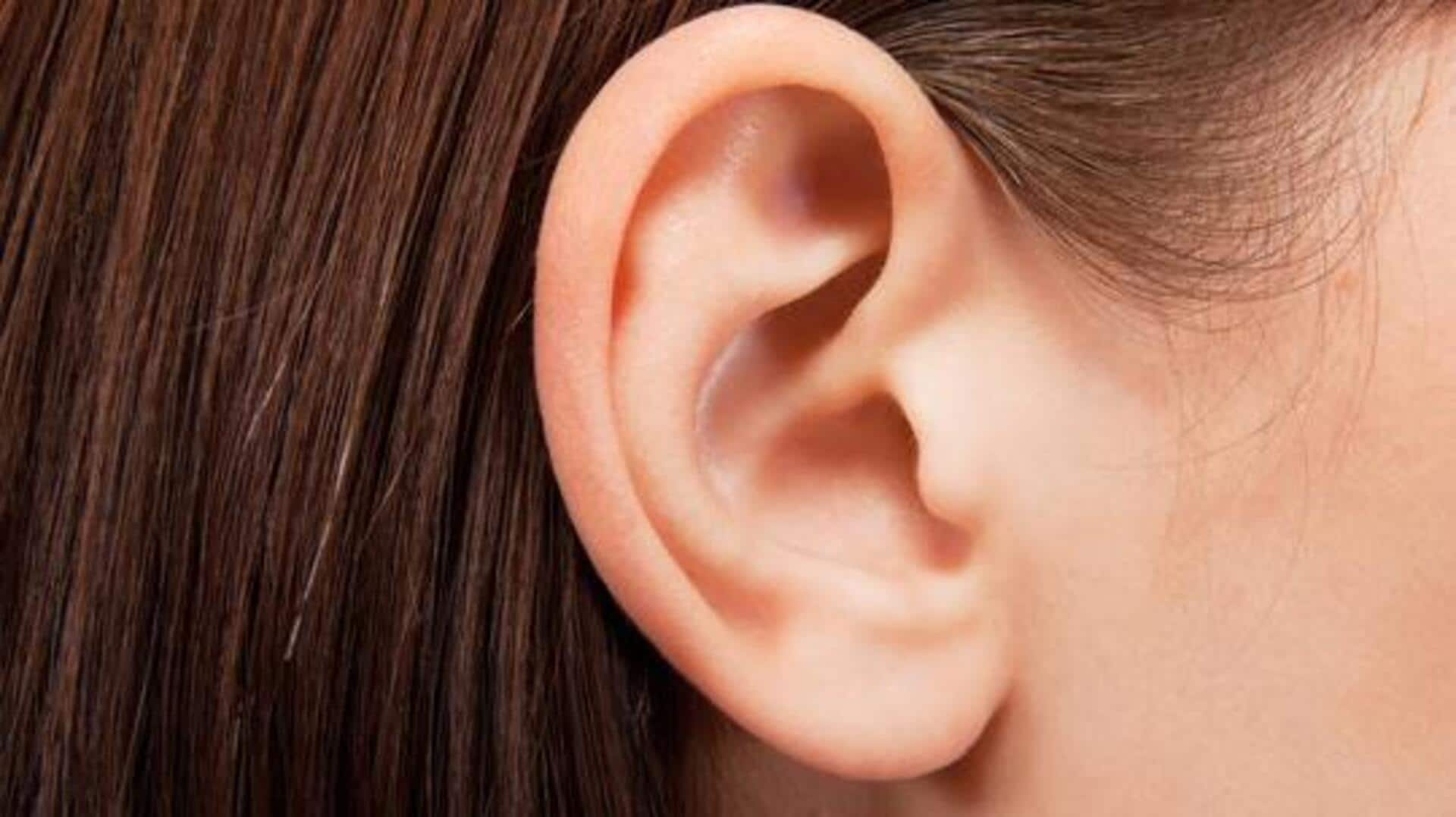
Can popping your ears cause hearing loss?
What's the story
Many of us have heard that popping our ears can cause hearing loss. However, this is largely a myth. In fact, popping your ears is a natural way to equalize pressure in the eustachian tubes, which connect the middle ear to the back of the throat. Knowing how this process works can help us understand why it doesn't lead to hearing loss when done correctly.
Pressure equalization
How ear popping works
Ear popping occurs when you open the eustachian tubes, allowing air to flow into the middle ear. This equalizes pressure between the outside environment and the inside of your ear. Activities like yawning, swallowing, or using the Valsalva maneuver are common methods to achieve this. The process is usually harmless and helps maintain balance in your auditory system.
Common myths
Misconceptions about hearing loss
The idea that ear popping causes hearing loss stems from misunderstandings about ear health. Some believe forceful popping can damage eardrums or inner structures of the ear. However, when done gently and correctly, popping does not harm these delicate parts. It's important to distinguish between harmful practices and natural pressure equalization techniques.
Recommended methods
Safe practices for ear popping
To safely pop your ears, try simple techniques like yawning or swallowing when experiencing changes in altitude, such as during flights or driving through mountains. The Valsalva maneuver involves closing your mouth and pinching your nose while gently exhaling, but should be done carefully to avoid excessive pressure.
Warning signs
When to seek medical advice
While occasional ear popping is normal and safe, persistent discomfort or pain may require medical attention. Symptoms like severe pain, fluid discharge from the ear, or sudden changes in hearing ability warrant consultation with a healthcare professional. These signs could indicate underlying issues that need to be addressed rather than simply relying on home remedies.